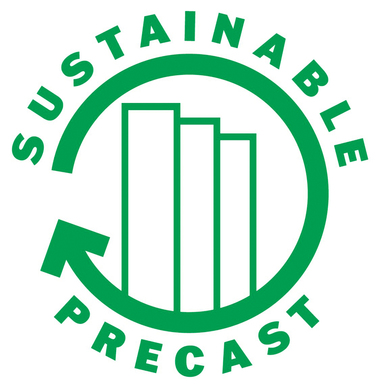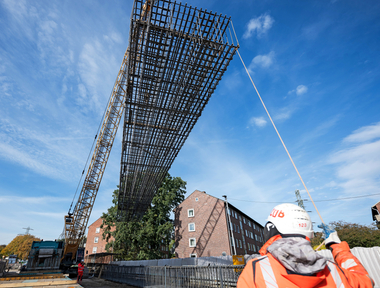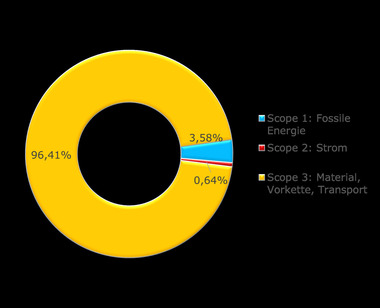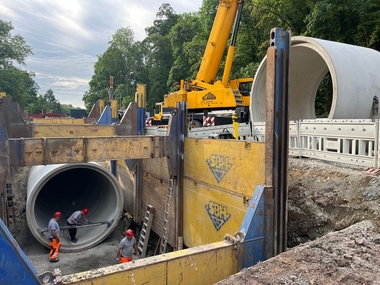New statutory reporting requirements –
Carbon footprint and ESG rating at the touch of a button from the accounting system
Starting in 2024, the Corporate Sustainability Reporting Directive (CSRD) will gradually require a significantly larger number of companies to make disclosures on environmental, social and governance (ESG) aspects in their management reports. The scope of application will be expanded greatly: Whereas companies with 500 or more employees had already been subject to these reporting requirements, companies with a minimum of 250 employees will also be subject to this obligation if they generate net revenues of at least 40 million euros or have total assets of at least 20 million euros. It is also important for small and medium-sized enterprises to make the necessary preparations since – although not directly covered by the directive – they will most likely be contacted by large clients who in turn require ESG data from their suppliers. They have a justified interest in collecting this data because fines may be imposed on them in the event of non-compliance and/or poor performance. One of the most important parts of the sustainability report is the company’s carbon footprint, which includes direct and indirect emission sources. In this regard, a key challenge lies in generating the relevant reporting data in the required quality. Global Climate has developed an audit-proof solution for this: Based on the company’s accounting data, its carbon footprint is calculated automatically in real time. The software adds CO2 consumption data to each entry and uses BI and ERP data for this purpose. The carbon footprints calculated in this process are auditable and compliant with applicable legislation.
This calculation can be combined with the integrated comprehensive ESG data management system, which also includes auditing of suppliers and the risk assessment required by the German Act on Corporate Due Diligence Obligations in Supply Chains (Lieferkettensorgfaltspflichtengesetz). ESG data management is of interest to investors and stakeholders alike. On this basis, even SMEs not obliged to report can increase their transparency and relevance for contracting parties subject to reporting requirements.







